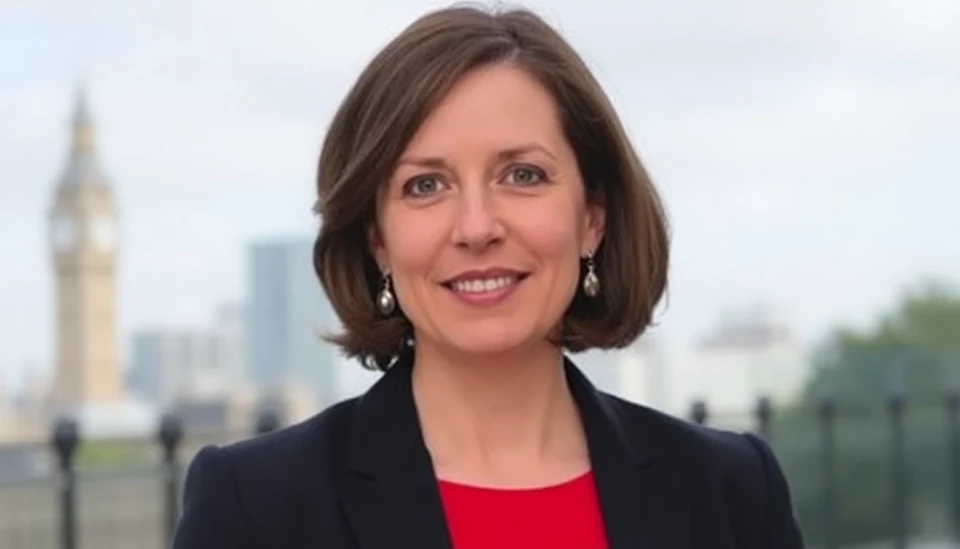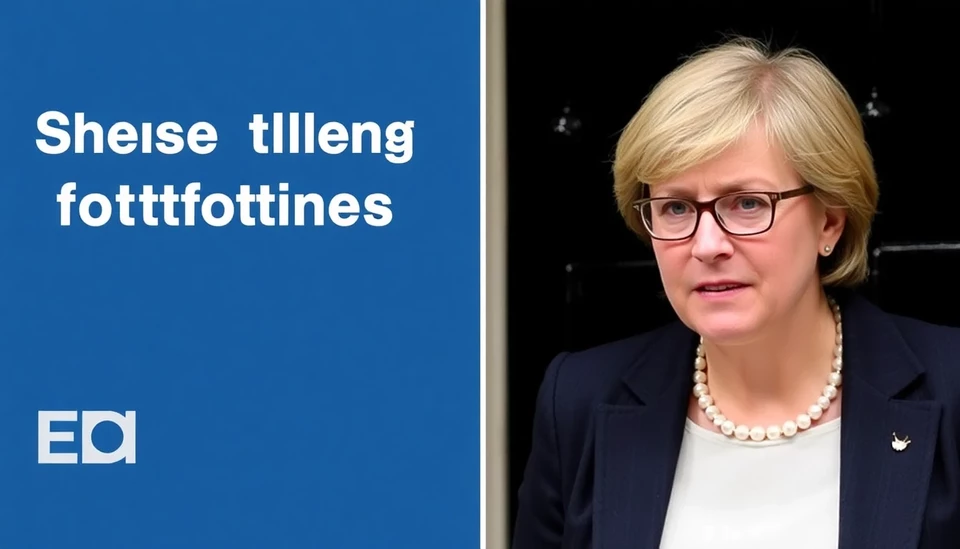
In a significant move that signals potential austerity measures, Rachel Reeves, the Shadow Chancellor of the Exchequer, has directed government departments to prepare for stringent budget constraints. This directive comes at a time when the UK is grappling with economic uncertainties and rising inflation rates, raising concerns about the financial health of the nation and its public services.
The instructions laid out by Reeves emphasize a strategic assessment of spending in various departments, urging them to identify areas where cuts can be made without compromising essential services. This has ignited debates across political lines, with critics arguing that such measures could jeopardize critical public services, while supporters believe it is a necessary step towards economic stability.
Reeves’ announcement has been interpreted as a response to the current administration's fiscal policies, which many believe have resulted in increased national debt and budget deficits. The Shadow Chancellor reiterated the importance of financial discipline, emphasizing that a holistic approach is needed to ensure that public money is spent efficiently and effectively.
As departments scramble to comply with these new directives, the ramifications of these budgetary constraints could be far-reaching. Education, healthcare, and welfare sectors are among those at high risk of funding cuts, which could create challenges for service providers and hinder their ability to operate effectively. This would particularly impact vulnerable populations who rely heavily on government support and services.
In response to Reeves’ directive, several department heads have voiced their concerns over the feasibility of implementing such cuts while still delivering quality services. They argue that the focus should be on generating revenue through economic growth rather than cutting vital funding. Nonetheless, they are left to navigate the challenging waters of austerity as they prepare their budgets for the upcoming fiscal year.
The economic context is further complicated by the upcoming general elections, where parties are expected to showcase their fiscal responsibility or lack thereof. The opposition sees this as an opportunity to critique the government's economic performance and propose alternative models that prioritize public welfare without sacrificing financial stability.
As the political landscape heats up, the implications of Reeves’ budget order will likely become a focal point of debate, with significant consequences for how the government manages its fiscal policy moving forward. Stakeholders across various sectors are watching closely to see how this initiative pans out and what it means for the future of public services in the UK.
In conclusion, Rachel Reeves’ directive signals a pivotal moment in the UK’s approach to budgeting and public spending. The potential introduction of austerity measures could have lasting effects on public services and the broader economy, as the country seeks to strike a balance between fiscal prudence and the need for vital government functions.
#austerity #RachelReeves #UKBudget #economicpolicy #publicservices #fiscalresponsibility
Author: Daniel Foster




